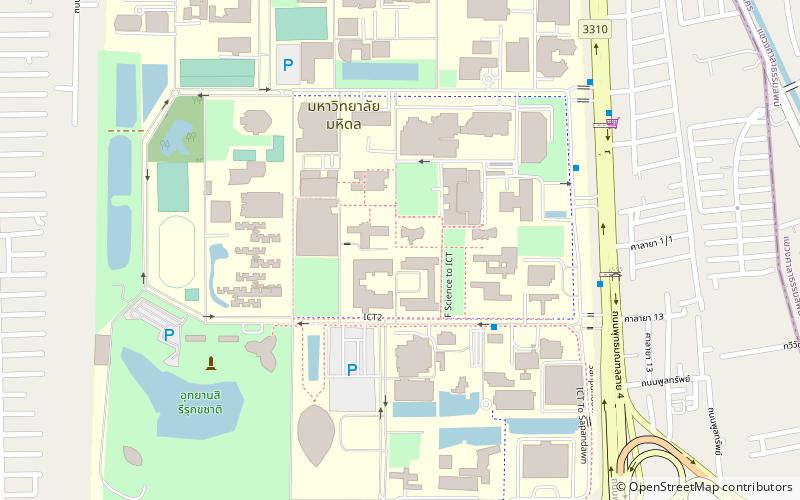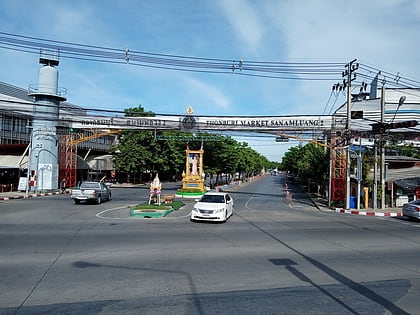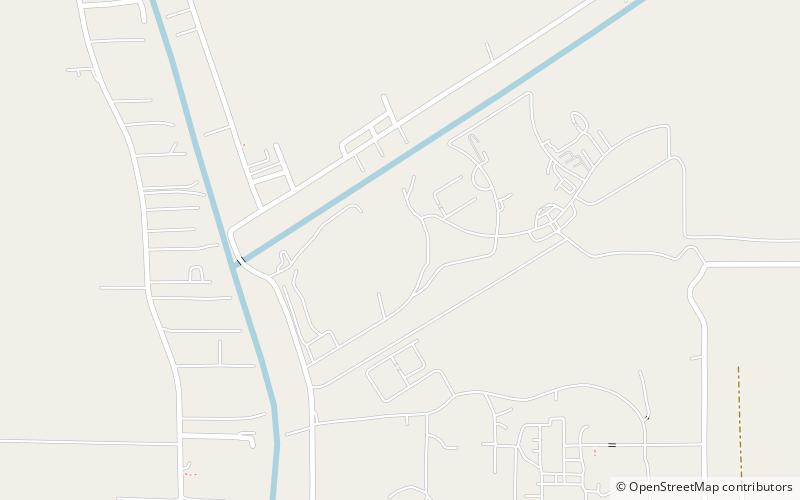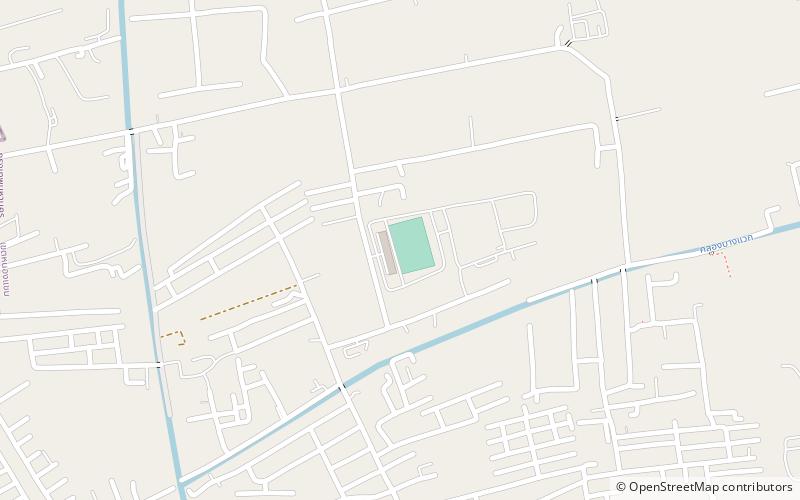Mahidol University


Facts and practical information
Mahidol University, an autonomous research institution in Thailand, had its origin in the establishment of Siriraj Hospital in 1888. Mahidol had an acceptance rate for Medicine of 0.4% as of the 2016 academic year. Becoming the University of Medical Science in 1943, it has been recognized as the country's fourth public university. The university was later renamed in 1969 by King Bhumibol Adulyadej after his father, Prince Mahidol of Songkhla, the "Father of Modern Medicine and Public Health of Thailand". The university originally focused on health sciences but expanded to other fields in recent decades. It hosted Thailand's first medical school, the Siriraj Medical School. Today, Mahidol offers a range of graduate and undergraduate programs from natural sciences to liberal arts with remote campuses in Kanchanaburi, Nakhon Sawan, and Amnat Charoen provinces. There are a total of 629 programs offered from 17 faculties, 6 colleges, 9 research institutions and 6 campuses. In terms of fiscal budget and portion of budget spent on research programs, the university receives the highest budget of any public university in Thailand: $430 million in 2019, most of which is granted for graduate research programs. Mahidol University was ranked Thailand's #1 university in 2011 by QS Asian University Rankings. ()
Mahidol University – popular in the area (distance from the attraction)
Nearby attractions include: Phutthamonthon, Prince Mahidol Hall, Thonburi Market, Bang Khae District.









